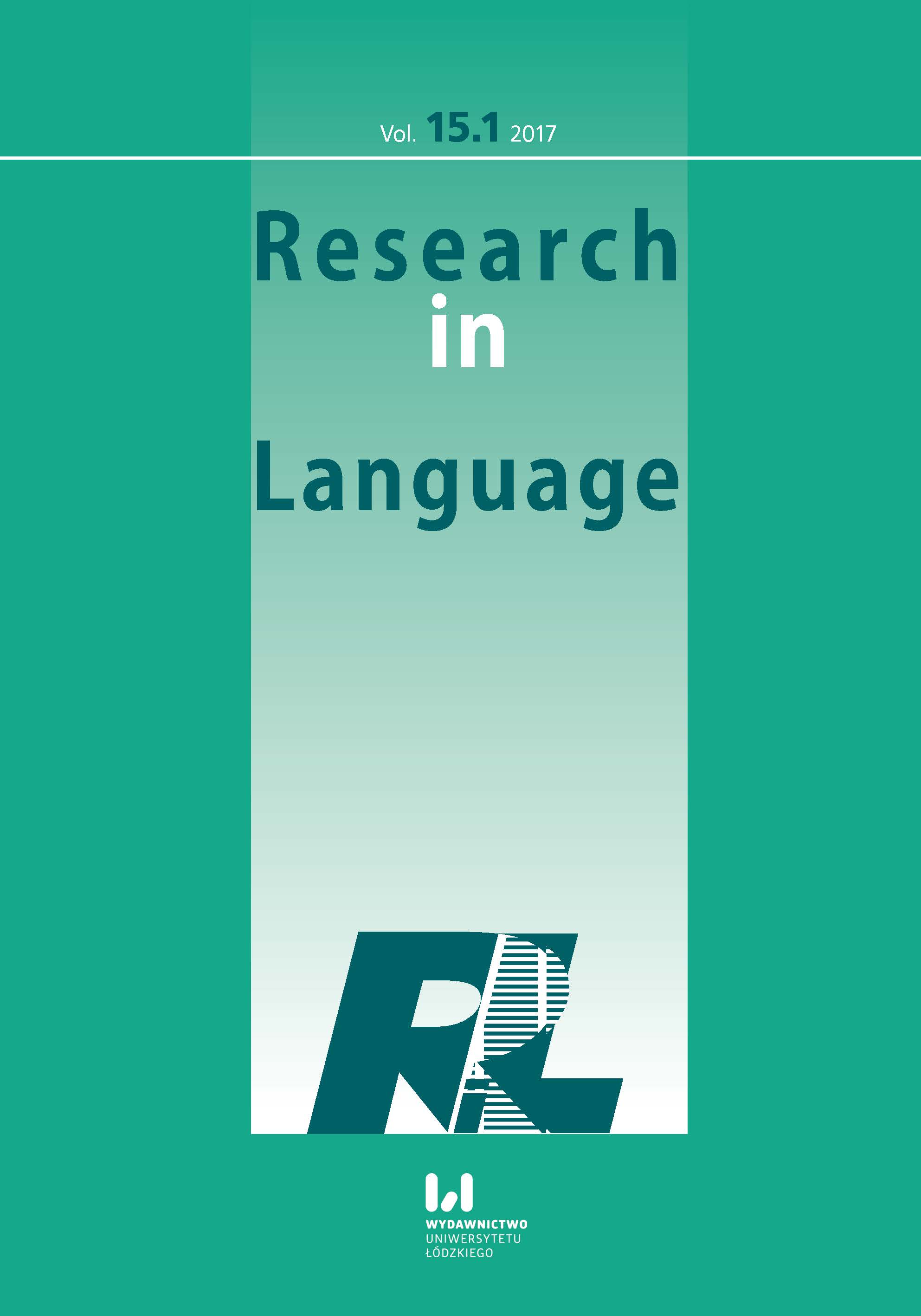Interlocutors-Related and Hearer-Specific Causes of Misunderstanding: Processing Strategy, Confirmation Bias and Weak Vigilance
Interlocutors-Related and Hearer-Specific Causes of Misunderstanding: Processing Strategy, Confirmation Bias and Weak Vigilance
Author(s): Manuel Padilla CruzSubject(s): Language studies, Theoretical Linguistics
Published by: Wydawnictwo Uniwersytetu Łódzkiego
Keywords: misunderstanding; processing strategy; confirmation bias; epistemic vigilance; hermeneutical vigilance
Summary/Abstract: Noises, similarities between words, slips of the tongue, ambiguities, wrong or false beliefs, lexical deficits, inappropriate inferences, cognitive overload, non-shared knowledge, topic organisation or focusing problems, among others, may cause misunderstanding. While some of these are structural factors, others pertain to the speaker or to both the speaker and the hearer. In addition to stable factors connected with the interlocutors’ communicative abilities, cultural knowledge or patterns of thinking, other less stable factors, such as their personal relationships, psychological states or actions motivated by physiological functions, may also result in communicative problems. This paper considers a series of further factors that may eventually lead to misunderstanding, and which solely pertain to the hearer: processing strategy, confirmation bias and weak vigilance.
Journal: Research in Language (RiL)
- Issue Year: 15/2017
- Issue No: 1
- Page Range: 11-36
- Page Count: 26
- Language: English

